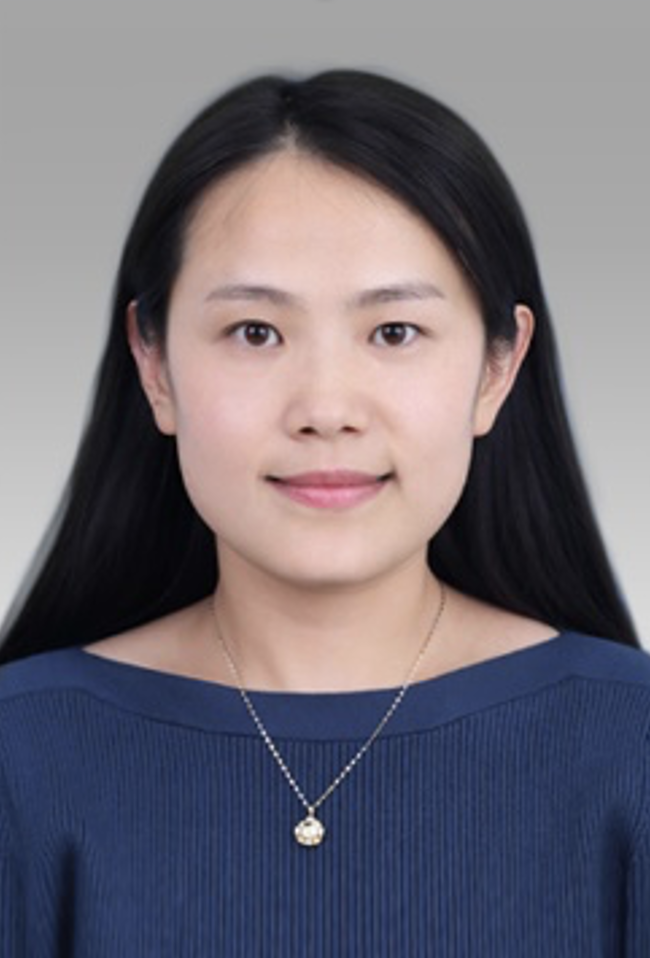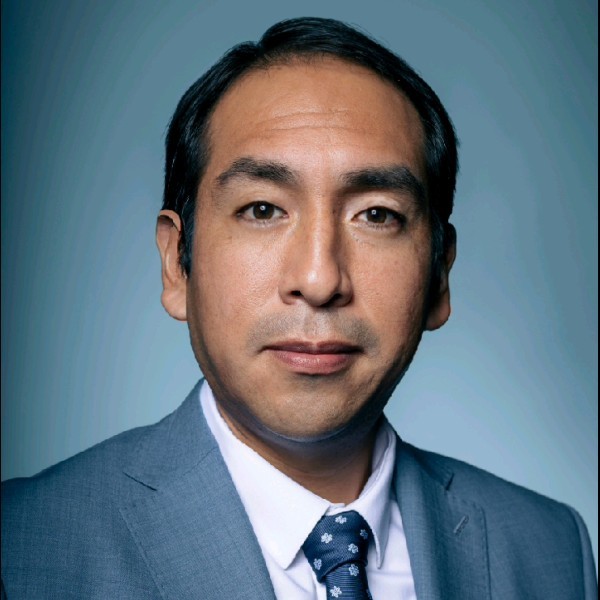Cnam hosts two talks from two esteemed invited professors from Uruguay and China and one talk from a CellNexTelecom telecommunications engineer.
Time: Sept. 26, 2023, 2 pm.
Room: Amphi Friedman (accès 33, 2ème étage), 2 rue conté, Paris.
Title: Graph adjacency spectral embeddings: Algorithmic advances and applications
Speaker: Federico Larroca, Universidad de la República, Montevideo, Uruguay

Abstract: The random dot product graph (RDPG) is a tractable yet expressive generative graph model for relational data, that subsumes simple Erdős-Rényi and stochastic block model ensembles as particular cases. RDPGs postulate that there exist latent positions for each node and specify the edge formation probabilities via the inner product of the corresponding latent vectors. In this talk, we first focus on the embedding task of estimating these latent positions from observed graphs. The workhorse adjacency spectral embedding (ASE) offers an approximate solution obtained via the eigendecomposition of the adjacency matrix, which enjoys solid statistical guarantees but can be computationally intensive and is formally solving a surrogate problem. To address these challenges, we bring to bear recent non-convex optimization advances and demonstrate their impact to RDPG inference. We show the proposed algorithms are scalable, robust to missing network data, and can track the latent positions over time when the graphs are acquired in a streaming fashion; even for dynamic networks subject to node additions and deletions. We also discuss extensions to the vanilla RDPG to accommodate directed and weighted graphs. Unlike previous proposals, our non-parametric RDPG model for weighted networks does not require a priori specification of the weights’ distribution to perform inference and estimation in a provably consistent fashion. Finally, we discuss the problem of online monitoring and detection of changes in the underlying data distribution of a graph sequence. Our idea is to endow sequential change-point detection (CPD) techniques with a graph representation learning substrate based on the versatile RDPG model. We share an open-source implementation of the proposed node embedding and online CPD algorithms, whose effectiveness is demonstrated via synthetic and real network data experiments.
Bio: Federico Larroca received the degree in telecommunication engineering from the Universidad de la República, Montevideo, Uruguay, in 2006, and the Ph.D. degree in computer science and networking from Telecom ParisTech, Paris, France, in December 2009, under the advisoring of Prof. Jean-Louis Rougier. He is currently an Assistant Professor with the Engineering School of the Universidad de la República. He was a Research Engineering (Postdoc) with Telecom ParisTech from January to March 2010. From 2004 to 2011, he held a Teaching Assistant position with the Universidad de la República. His research interests include the analysis and modeling of communication systems, and development on software defined radio.
Title:Modeling, analysis, and supervisory control of discrete event systems
Speaker: Gaiyun Liu, Xidian University, Xi’an, China

Abstract: This talk centers around the modeling, analysis, and supervisory control of discrete event systems (DESs). The first part of the talk provides a succinct introduction to Petri nets. We will illustrate the application of Petri nets in the modeling and analysis of DESs, using an automated manufacturing system as a demonstrative example. Also, we will show the process of designing supervisors for DESs using Petri net structural/reachability analysis techniques. The second part introduces the robust supervisory control of DESs. In case of failures, the existing control policies are always no longer in force and failure-derived deadlocks in the disturbed system may be caused. We have developed relevant theories of Petri nets and designed robust supervisory controllers so that the system can run without deadlock regardless of failures. The third part concerns security analysis and resilient control of networked DESs. The existence of various types of network attacks makes the supervisory control design of networked DES a great challenge. Attacks may drive the originally well-controlled DES to an unsafe/illegal state covertly. We have done analysis of effectiveness and stealthiness of sensor attacks in labeled Petri nets. Also, we have designed resilient supervisors for labeled Petri nets under sensor attacks. The talk offers an overview of the related research undertaken by Dr. Liu’s research group, while also shedding light on the future directions in this field.
Bio: Gaiyun Liu is an Associate Professor in the Automatic Control Department at Xidian University, China. She received a Ph.D. degree in mechanical engineering from Xidian University in 2011 and a Ph.D. degree in Informatique from Conservatoire National des Arts et Metiers (Cnam) in 2014. She was a visiting researcher with Universidad de Zaragoza, Spain, in 2016, and with Cnam multiple times in the years 2018, 2019, 2022, and 2023. Her current research interests include formal methods, robust supervisory control of manufacturing systems, and security analysis and supervisory control of discrete event systems. She is an IEEE Senior Member. She is a member of IEEE Control Systems Society and IEEE Systems, Man, and Cybernetics Society. She has served as Technical Committee Member of Discrete Event Systems in IEEE Control Systems Society, Technology Conference Editorial Board Member of IEEE Control Systems Society, and Board Member of Computer Integrated Manufacturing Systems (China).
Title: The new telecom operating model: Focus on RAN
Speaker: William Diego Maza, CellNextelecom

Abstract: This presentation address how telecom operators leverage new operating model to boost efficiency, agility, and customer satisfaction by simplifying networks, granting service control though Network-as-a-Service (NaaS) approach. In this sense, the emergence of technologies like 5G, MEC, and network slicing propel NaaS expansion efforts by overcoming current obstacles resulting in a deep evolution in the telco ecosystem.
Bio: William Diego Maza is a telecommunications engineer with 14+ years of experience in innovation and mobile networks. Successfully contributed to international projects, collaborated with telecommunication standardization bodies, and engaged in open source communities. In his most recent roles, he led technological innovation projects across many European countries. His responsibilities included detecting long-term technology developments and new product opportunities through market research and industry collaboration.
